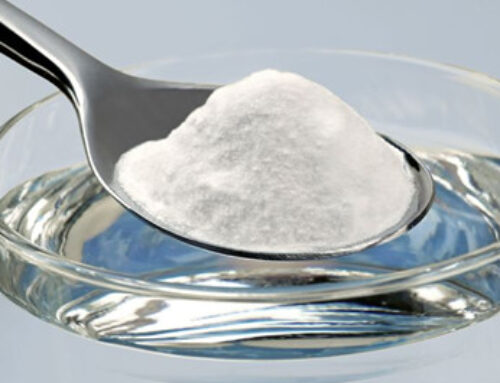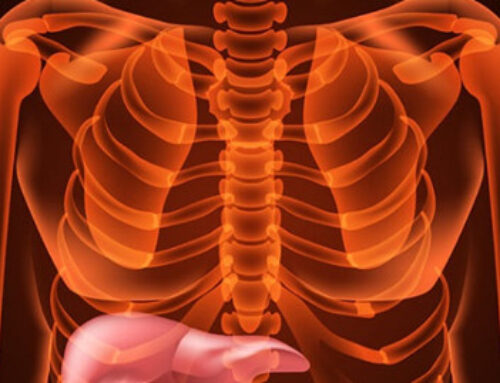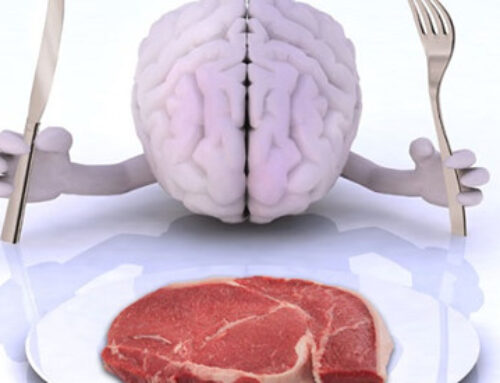I have been thinking about tooth decay for quite awhile, and I feel it is time to offer a different perspective. I was taught as a child that cavities were caused by not brushing well enough–that if you brushed often and with meticulous care, you would not get cavities. I used to dread my annual visit to the dentist. I thought he was a cruel man. Of course it was “my fault,” according to my mother, that I got cavities. Even though my brushing was careful and often, I had cavities with almost every visit!
As an NTP student, I was required to read the book ‘Nutrition and Physical Degeneration’ by Weston A. Price. Dr. Price was a prominent health researcher in the first part of the last century. He was a dentist and noticed in his practice that huge numbers of his patients had terrible dental decay. They came to him with rotting teeth and other serious dental health problems, including tooth crowding, where patients’ mouths couldn’t hold all of their teeth. He had a natural curiosity as to why this condition was so common, and because of this curiosity, he ended up traveling with his wife to many isolated and primitive parts of the world to study the health and teeth of ‘modern primitive’ peoples. Price found that primitive cultures did not have these problems. Even though they did not have access to dentists, they didn’t own toothbrushes, and they never cleaned their teeth (except for the natural cleaning they might receive from eating a particular food that might have been a little more abrasive), they did not get dental caries (cavities), and they had perfect dental arches that easily accommodated all of their teeth.
Price’s travels took him to remote parts of the world including Alaska, Indonesia, Africa, Polynesia, isolated areas of Northern Europe (fourteen different countries in all), and hundreds of different villages and cities. He took thousands of pictures and documented what he learned. From his research, we know that the native people he saw were incredibly healthy, without any of the common diseases so prevalent in the civilized world. Along with the fact that these people didn’t have dental caries, they also didn’t get tuberculosis or any of the other common diseases of the day. They were beautifully built with strong bodies and well-formed faces. They had strong healthy teeth that were very resistant to decay. Men and women had enormous strength and vigor and didn’t tire easily. It’s hard to find an individual like that today!
Price discovered that even though the people he studied had different diets, they all had one thing in common. They consumed extremely nutrient-dense animal foods and unusually high levels of animal fats. These fats were consumed in the form of organ meats, dairy (especially the butter from cows that grazed on grass), roe from fish, and fat from the fatty parts of animals. Nothing was wasted. Lean meats were not usually as highly prized as the fatty parts of the animal. The fatty, nutrient-dense parts of the animal were very high in the fat-soluble vitamins A, D3, E, and K2 and very high in minerals as well. (Note: Minerals from animal sources are much more easily metabolized than minerals from plant sources.) These people were able to take in the minerals from the animal sources and utilize them, thus creating superb health throughout their bodies, with teeth that held up for a lifetime.
How do we eat today? Growing up, I believed many of the beliefs common today. I grew up thinking that liver was not only disgusting, but that it was also bad for me. I ate white bread, Hostess Ding Dongs, and donuts from my girlfriend’s parents’ bakery! There was nothing like a lunch from the vending machine: a cup of Sprite and a bag of Cheetos! Butter was never good for consumption, as we believed it was the cause of heart disease. And organ meat—no way! It is clear that I have paid the price, or I should say my teeth have paid the price. I feed my children (my girls) all the foods I should have consumed as a child. Butter from grass-fed cows with every meal and ONLY grass-fed beef, pork, chicken, and eggs, roe from fish, and raw milk from pastured cows. And yes, I do prepare beef liver every few weeks. Some of my family members don’t really like it, and some really enjoy it! It grows on you, really!
Maybe most important of all is what my girls are NOT consuming. We don’t have any type of processed food in the house, and treats are just that, a treat once in a while. All of my girls know how to cook and fix themselves healthy breakfast every morning of pastured eggs and bacon or sausage and sometimes whole-oat cereal with cream on it and a small amount of honey. I have disallowed fluoride as well in the form of toothpaste or water that is fluoridated, or anywhere I think it might be hiding. I do my best to make sure they don’t ingest this poison. But the best part of following this strict regimen is that all the permanent teeth of my children are free of cavities! This fact is amazing when you consider all three of my girls are adopted from China, and all three had pretty bad teeth as babies, with lots of cavities. My oldest daughter even had some of her deciduous (baby) teeth erupt without the enamel layer on them. This could be due the extremely poor diet in the orphanage for the first year of their lives, or it could be because of their birth mothers’ health and/or poor diet while carrying them. I have seen firsthand how diet can affect one’s teeth through the diet and teeth of my children.
We have been told by the American Dental Association that cavities cannot heal—that once a cavity forms, it cannot be fixed except by drilling and filling it. But there are many cases of people with cavities that have spontaneously healed. I had a dentist once tell me that he had seen this in his practice even though he had no explanation for how or why it happened. I have known individuals that have had cavities heal when they changed their diet, done away with the processed foods, and added nutritious, vital, healthy foods like those mentioned above back into their diet.
The belief that sugar causes cavities is correct, but not for the reasons we’ve been taught. Sugar and other refined carbohydrates rob nutrients from the body, including our teeth, leaving them vulnerable to dental caries. The idea that bacteria are attracted to sugar, and the resulting acid from the bacteria consuming the sugar rots the teeth, is incorrect. Bacteria don’t particularly like the residue left behind from consuming refined carbohydrates because the residue is short on nutrients. The foods that attract bacteria are the foods that are high in nutrients, like meats, fruits, and veggies. These are the same foods that nourish and build a healthy body, including our teeth. When teeth lose their minerals, they become weak, soft, and vulnerable to developing cavities.
It is well known that diseases of the mouth are linked to an increased risk of heart disease. Is this because of the generally poor state of the body due to consumption of a poor diet? Or is it because the proliferation of bacteria overwhelms the immune system? There are many opinions about this concept. One thing we can probably all agree on is the fact that we need our teeth, and an attractive mouth is a lot nicer to look at than an unattractive mouth full of discolored, broken, teeth and holes where teeth used to be.
Consuming a nutritious, balanced diet not only creates healthy teeth, it creates a healthy body, too. We must not forget that our teeth are an extension of our bones. If our teeth are doing poorly, then our bones are doing poorly as well. The secret to good teeth, healthy bones, and, indeed, good health in general, is totally linked to the foods we consume. If we consume good, healthy, whole foods, in the form God created them, we give our bodies the raw materials needed to build strong healthy bodies—bodies that can carry us through a lifetime without the need for hip or knee replacements. The foods that create disease in the human body are foods that are processed and unnatural.
You can recognize a dangerous food-type product by its shelf life. Real foods spoil rather quickly, while unhealthy foods do not spoil easily and can sit on a grocery store shelf for months, if not years. Use this as your guide for purchasing good, healthy, nutrient-dense whole foods. Making changes in the foods you consume will make profound changes in your health, including that of your teeth.










